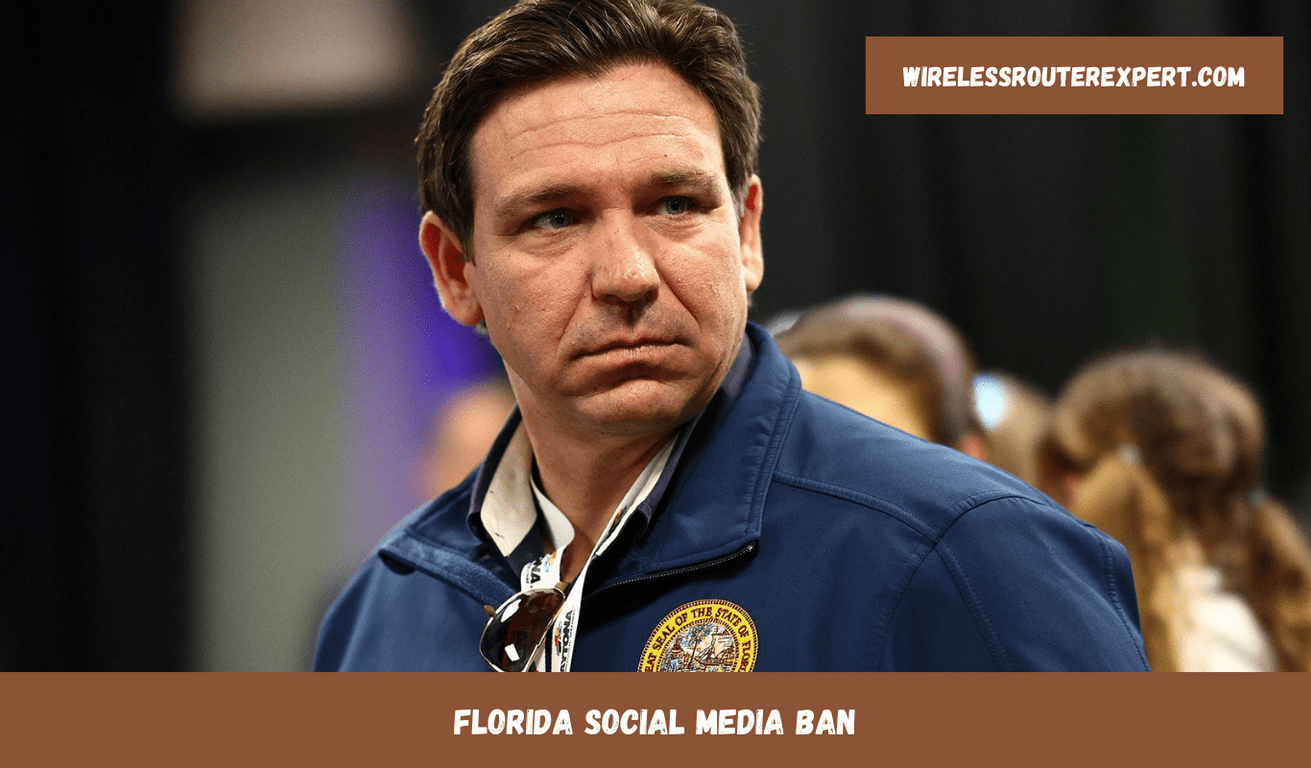In a decisive move to safeguard the mental health of minors, Florida Governor Ron DeSantis, a Republican, signed groundbreaking legislation on Monday that introduces stringent age-related restrictions for social media usage among children. This pioneering bill, effective from January 1, 2025, places Florida at the forefront of states actively working to mitigate the adverse effects of social media on young users.
Key Features of the New Law
This law sets forth an ambitious social media interaction policy for those under 16 years of age. To wit: it imposes strict prohibitions for children aged under 14, while adolescents aged 14-15 years may only access these digital spaces with parental approval and third-party verification systems in place to enforce age restrictions, thus protecting themselves against underage users gaining entry without permission.
DeSantis quickly rejected DeSantis’ original proposal – banning children under 16 from social media use altogether – earlier this month as evidence of his dedication to protect parental rights; consequently leading to revised legislation which permits older minors use of social media with parental approval.
Protecting Young Minds in the Digital Age
Governor DeSantis stressed the adverse effect that social media use had on children, citing issues including anxiety, depression and other forms of mental illness related to an excessive reliance on these platforms. DeSantis acknowledged “Social Media Harms Children In Multiple Ways,” noting how law provides better parental oversight over digital engagements by their offspring.
Supporters of this bill assert it will play an instrumental role in protecting young individuals from social media’s potentially detrimental effects, including exposure to inappropriate material and cyberbullying, thus creating a healthier online experience for them.
Criticism and Controversy
Though intended with good intent, legislation has drawn scrutiny due to its implications on free speech rights; opponents contend it violates First Amendment protections while leaving decisions related to children’s online activity solely up to parents. Age verification processes also pose privacy risks; moreover they require collecting personal data that could compromise confidentiality or harm children in some ways.
Meta, the parent company of major social networks Instagram and Facebook, has spoken out against this bill out of concerns related to parental rights and data privacy. Instead, Meta advocates for federal legislation which enforces parental approval prior to app downloads by minors for an effective solution to address the problem more comprehensively.
Beyond Florida: A Growing Trend in Digital Child Protection
Florida is part of an expanding movement across the U.S. to regulate minors’ access to social media, following Utah as the initial adopter and joining Arkansas, Louisiana, Ohio and Texas in adopting similar measures. Such legislation highlights an increasing recognition that children require protection from unbridled social media use with many more states considering similar steps as part of this growing movement.
What Lies Ahead
Florida law does not specify any particular social media platforms but targets features known to create endless engagement such as infinite scrolling, reaction metrics, auto-play videos, livestreaming or push notifications that perpetuate endless engagement such as infinite scrolling. Exceptions would include platforms serving primary mail functions or texts only (ie email).
Social media companies are now required by law to delete personal information from terminated accounts permanently and could face civil suits for failing to do so. This shows their serious commitment towards safeguarding minors’ privacy and well-being online.
As January 1st of 2025 approaches, conversations around children’s digital safety become ever-more urgent. This legislation represents an essential step toward finding an equitable balance between social media’s benefits and protecting vulnerable members of society from its inherent dangers.





